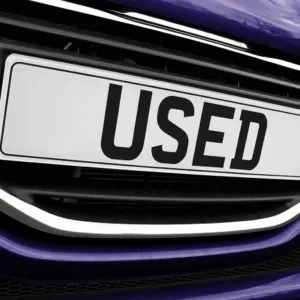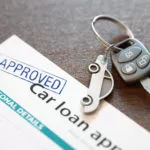First, ask yourself some questions.
Should I keep my old car or buy a new one?
If the body of your current car is in reasonably good shape and the car suits your needs, take it to your mechanic and find out how much it would cost to bring it into mechanically good condition. You may find that even if it needs transmission or engine work and new tires and shocks, these repairs may cost less than the sales tax on a new car! Check out Car Repair for advice on checking out your present vehicle, then decide.
Should I buy a USED or NEW car?
A two-year-old used car will cost significantly less than a new car; yet, in many cases, it will look exactly the same. Today, body styles change only once every four to six years so, unless you are a car fanatic, you won’t be able to distinguish a three year old car from a new one. On the other hand, there is the concern about buying someone else’s headache. A good mechanic should be able to tell whether the used car you are considering is in good shape and has not been in a major accident, but first check the reliability rating for the car you are looking at in an unbiased publication such as Consumer Reports or Edmund’s. The thing to remember is that a properly selected and well maintained 3 or 4 year old used car kept for five years will give you just as good service as a new car for about half the price
What about a high mileage car?
There are many good used cars available that have clocked over 100,000 miles. While these cars must be thoroughly checked by a mechanic (preferably one who is experienced with the specific model) some cars have much more usable life left in them, and the price will be right! A few years ago, I purchased a 1986 Honda Prelude with 135,000 miles on it for $2800.00 (book value was over $5000.00 at the time). I put about $700.00 into repairs when I bought it. The car had 175,000 miles on it when I sold it to my neighbor a couple of years ago and it’s still going strong today. It was one of the most reliable cars I have ever owned. However this idea is not for everyone so BE CAREFUL.

Should I buy from a private party or a dealer?
Buying a car from a private party can sometimes get you a great deal. BUT once you hand this person your money, you own the car. If anything goes wrong with it, it’s YOUR headache. Buying from a dealer will get you some sort of warranty, even if it is the minimum required by state law. In either case, make sure you have it checked by a mechanic that you trust and that you get a free and clear title.
Should I buy from used car auctions that are open to the public?
While you can get a great deal, leave this method of buying a car to the experts. Auctions give you little time to inspect the car and will rarely let you drive it. Cars are sold as-is with little or no recourse.
How can I verify that I am getting the right deal?
One way to ensure that you get a good deal on your next vehicle is to arm yourself with information. The links you see below contain a wealth of information on buying a car including wholesale and retail pricing and ratings on just about any car or light truck you might consider:
Edmunds.com
Kelly Blue Book
How can I protect myself from buying a lemon?
Carfax, an independent service company that can give you a detailed report of a car’s history. The cost of a single report is $24.99, or you may opt for unlimited reports for $29.99. Carfax obtains information on 1981 and newer vehicles and will provide information on “hidden problems,” such as odometer rollbacks, flood damage and junk or salvage titles. A report will be sent directly to your computer.
Carfax’s constantly expanding database contains over 1.4 billion unique records compiled from hundreds of separate data sources including motor vehicle departments in the United States and Canada, vehicle inspection stations, auto auctions, fleet management and rental agencies, automobile manufacturers and fire and police departments.
Any information provided on this Website is for informational purposes only and is not intended to replace consultation with a professional mechanic. The accuracy and timeliness of the information may change from the time of publication.


















